WHY DAILY SUN PROTECTION IS IMPORTANT

By Elizabeth Read - July 29, 2019
When we think sunscreen, what images come to mind? The traditional summer, beach, swimming, mom telling us to put it on or we’ll get a sunburn and us not listening and running off to swim anyway. Although sunscreen is and should be associated in our minds with that, its presence in our life should be much greater. The questions that arise are why do we need to use sunscreen daily, who does, when and how do we incorporate it in our daily life?
Why Should You Use Sunscreen Daily?
The UV radiation that reaches the Earth consists of UVA and the UVB rays that have not been absorbed in the higher levels in the atmosphere. That matters because of the health effects exposure to this radiation has on the skin, eyes and immune system. UVA rays are the ones that penetrate the skin the deepest, causing the skin to lose its elasticity and to wrinkle, the effects of which are cumulative and delayed by at least 10 years. UVB rays are responsible for the production of melanin (the tan, or the “healthy” glow, which is, in fact, the skin reacting to sun damage and trying to protect itself). You should therefore choose a broad spectrum sunscreen because only broad spectrum sunscreens protect from both UVB and UVA rays, the SPF rating only tells you which percentage of UVB rays a sunscreen blocks.
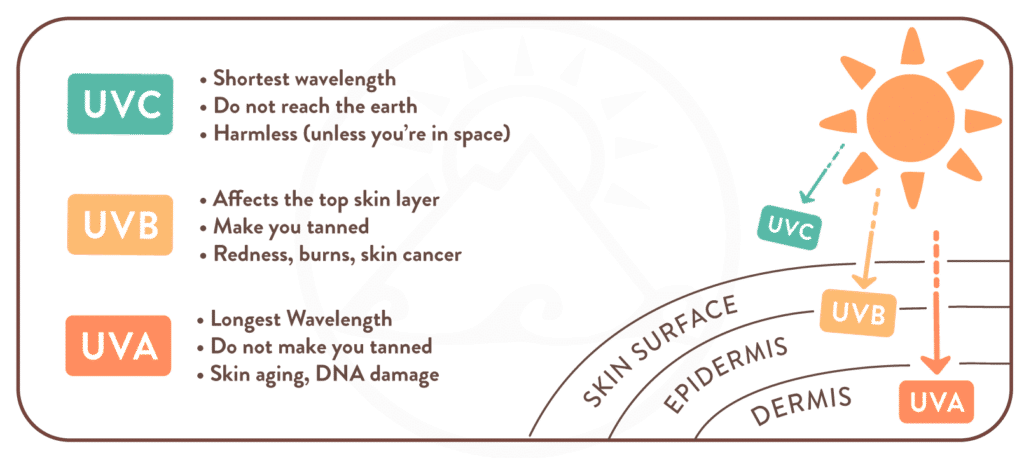
Exposure to UV radiation can cause skin cancer. The good news is that daily sun protection can reduce this risk and that when diagnosed early (check your skin regularly) it can be treated with a positive outcome. Exposure to sun and especially in environments that include snow, water and sand, apart from being hazardous to our skin, is also dangerous for our eyes. The known effects of radiation exposure, according to the WHO on the eye include inflammation of the parts of the eye, cataracts, cancer of the eye, all of which will require surgical interventions as treatment.
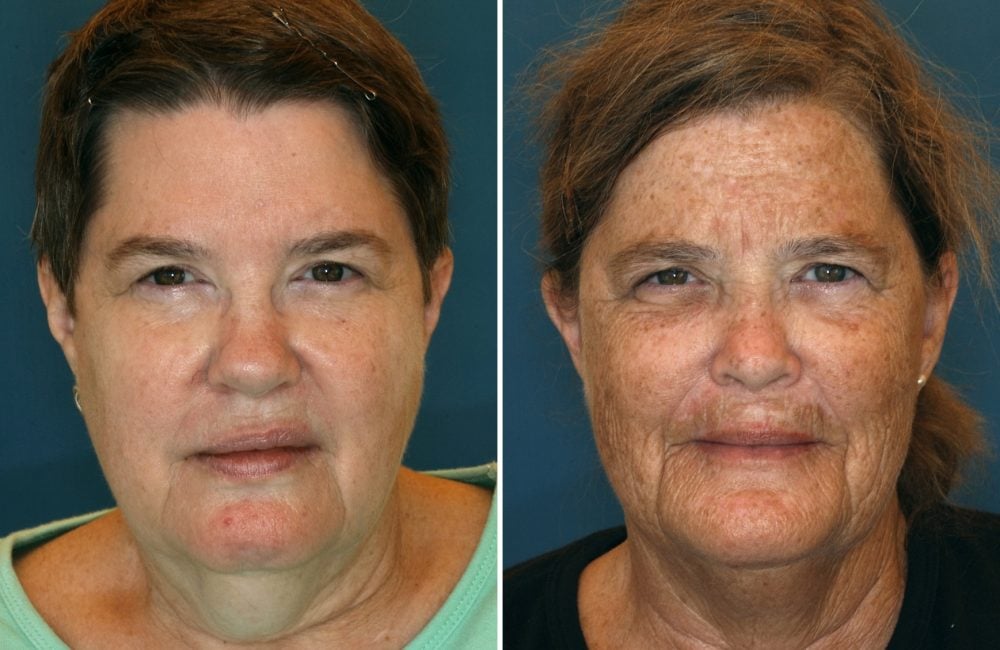
There is also evidence that exposure to sunrays can affect your immune system. While low levels of sun exposure can strengthen your immune system (due to Vitamin D), high levels of sun exposure suppress your body’s abilities to defend itself against viruses.
WHO NEEDS TO USE SUNSCREEN?
Who should apply sunscreen? The short answer — everyone. The longer answer considers people of different ages, skin types and lifestyles.
Children are the most vulnerable. Up until the age of 6 months it is recommended that babies are not exposed to direct sunlight. After that the minimum recommended level of SPF to apply is SPF 15 (read our blog article why SPF 30 is enough). Being protected from an early age reduces the risks of developing skin cancer later on in life.
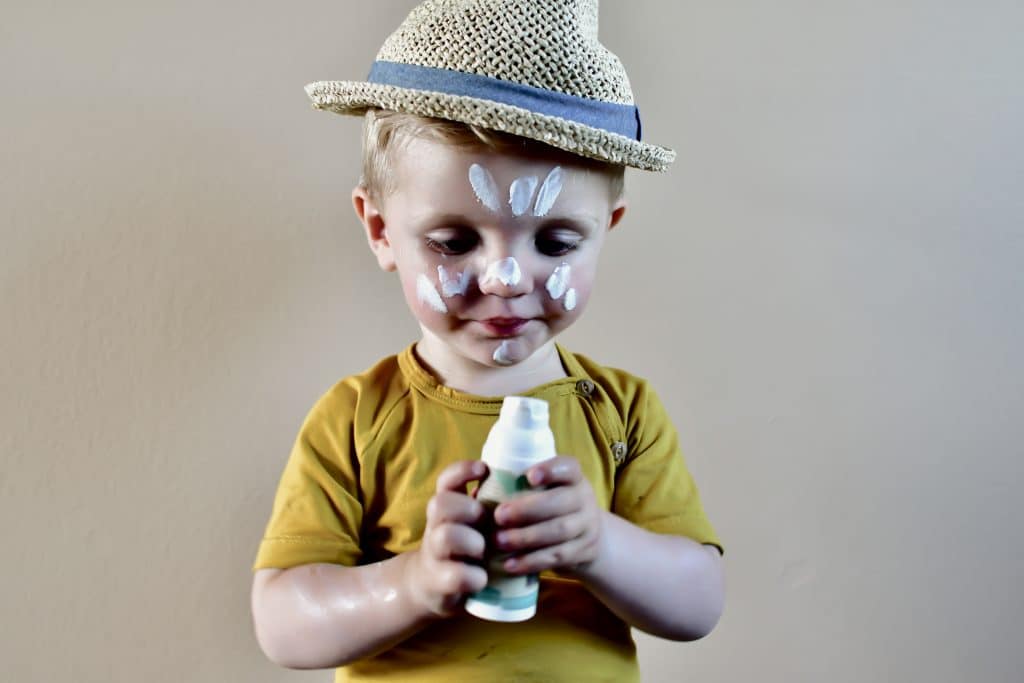
According to the skin cancer foundation, “[a]nyone over the age of six months should use a sunscreen daily. Even those who work inside are exposed to ultraviolet radiation for brief periods throughout the day, especially if they work near windows, which generally filter out UVB but not UVA rays”. Even if it’s cold and cloudy outside – UV radiation still reaches the Earth’s surface through the clouds which is why applying sunscreen daily helps to prevent skin damage. Studies on truck drivers and sun damage demonstrate how the sun rays also reach your skin while driving – even with the naked eye you can see that the side of the face that is more exposed to the sun is more affected by sun damage.
Studies dedicated to skin cancer find that incidence of cutaneous melanoma (skin cancer) varies by race, with whites predominating, followed by Hispanics, Asians/Pacific Islanders, Native Americans and blacks, respectively. It means that while people with fairer skin are more vulnerable to skin cancer, it does not mean that it is not a risk for people of all skin types. This is important because there exists a common misconception that sunscreen for dark skin is unnecessary.
When Should we Protect Ourselves From The Sun?
While preparing for the day, most of us check the weather forecast, which oftentimes includes the maximum UV index level, giving an indication of potential sun damage. A group of scholars in Australia and New Zealand have come to a consensus that should the UV index exceed 3, it is advised to apply sunscreen to the face, head and neck, as well as all other body parts that are not covered by clothing regardless of the activities planned for the day.
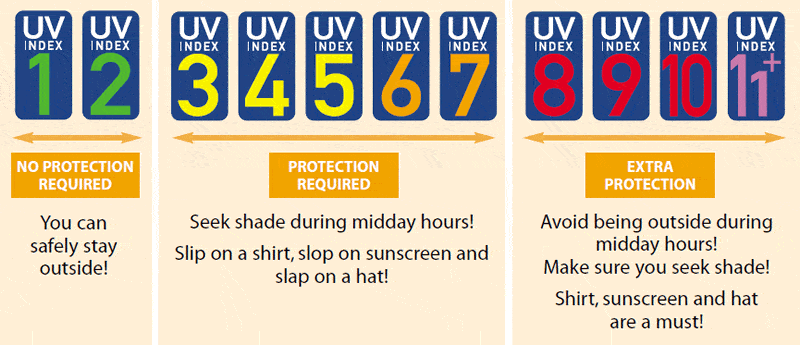
How to Incorporate Sunscreen in Your Daily Life
The reality is that even if we are aware of all the hazards exposure to the sun poses and think we’ve done everything to protect ourselves – most likely it is not the case.
The rule of thumb for a single time application is 2 mg per cm of skin, based on the FDA, which means you should apply 1/4 to 1/2 teaspoons of sunscreen on your face. That amount is, however, debated and most recommendations just go down to applying as much as you can and feel comfortable with. A safer bet is, however, to apply two thinner layers (letting the first one dry before applying the second) daily. After two hours of sun exposure the layer of sunscreen also ideally needs to be reapplied.
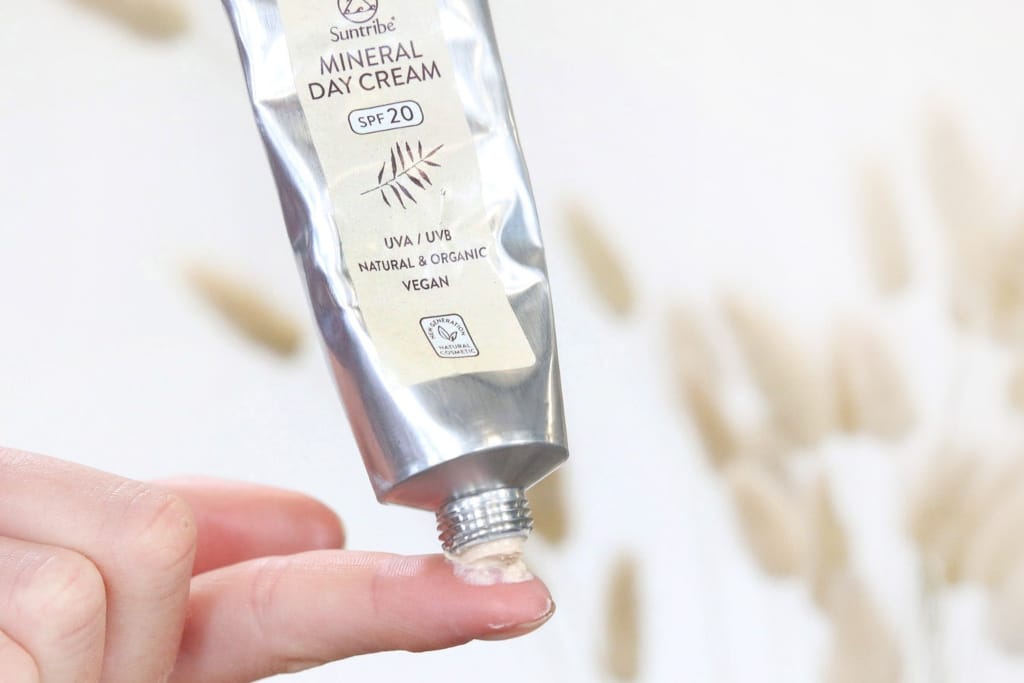
WHO recommends that chemical sunscreen should be applied at least 20 minutes before sun exposure and reapplied after 2 two hours. Mineral sunscreen becomes effective immediately after application because it does not have to penetrate the skin to work. Studies have shown that people typically apply insufficient amounts of sunscreen, which negatively affects the protection factor. Scholars have also concluded when given all the information (learning about the correct application), people tend to apply more sufficient amounts and are better protected as a result.
In our daily lives, most of our body is covered, leaving the face the most exposed. To integrate sun protection in our daily routine there are several options. One of them is to start with the usual moisturizer, let it absorb, and then apply sunscreen. Another is to use a day cream with SPF that is tinted and mattifying so that it replaces the need for make-up. The third, but least recommended option consists in firstly applying sunscreen, then waiting several minutes for the sunscreen to set it and lastly to apply makeup in a way that would not disrupt the protective layer of the sunscreen: with patting motions, not rubbing.
Want to continue reading?




